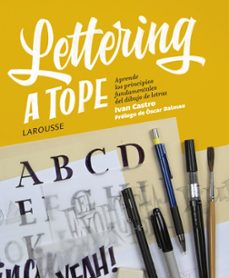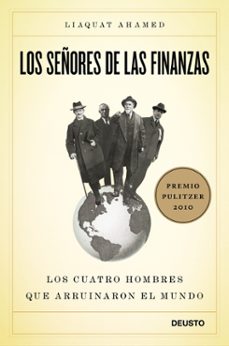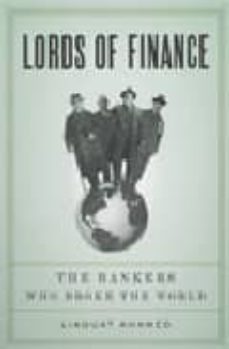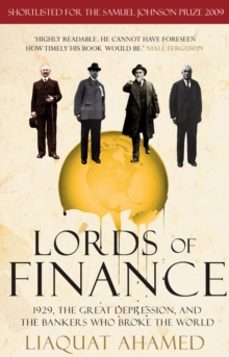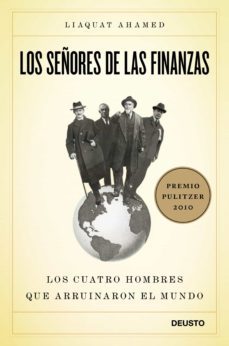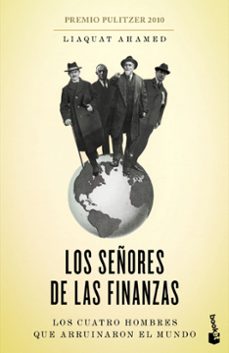Imprescindibles
Más vendidos Libros más leídos eBooks más leídos Todos los libros Todos los libros Autores destacados Series y sagas
Recomendados Libros recomendados Autores destacados Libros que inspiran Vidas con historia LGTBIQ+ English books
Ficción
Literatura Contemporánea Estudios literarios Clásicos Cuentos Poesía Teatro Libros de bolsillo Sagas literarias
Géneros literarios Novela romántica y erótica Novela negra Novela histórica Narrativa fantástica Novela de ciencia ficción Novela de terror Narrativa de humor Narrativa de viajes
No Ficción
Ciencias y tecnología Biología Ciencias Ciencias naturales Divulgación científica Informática Ingeniería Matemáticas Medicina Salud y dietas Formación Idiomas Estilo de vida Libros de Cocina Guías de viaje Narrativa de viajes Deportes Libros de Juegos Manualidades
Humanidades Autoayuda y espiritualidad Ciencias humanas Derecho Economía y Empresa Psicología y Pedagogía Filosofía Sociología Filología Biblioteconomía Estudios filológicos Estudios lingüísticos Estudios literarios Historia y crítica de la Literatura
Infantil
Juvenil
#Jóvenes lectores Narrativa juvenil Clásicos adaptados Libros Wattpad Libros Booktok Libros de influencers Libros de Youtubers Libros Spicy Juveniles Libros LGTBIQ+ Temas sociales Libros ciencia ficción Libros de acción y aventura Cómic y Manga Juvenil Cómic Juvenil Manga Shonen Manga Shojo Autores destacados Jennifer L. Armentrout Eloy Moreno Nerea Llanes Hannah Nicole Maehrer
Libros de fantasía Cozy Fantasy Dark academia Hadas y Fae Romantasy Royal Fantasy Urban Fantasy Vampiros y hombres lobo Otros Misterio y terror Cozy mistery Policiaca Spooky Terror Thriller y suspense Otros
Libros románticos y de amor Dark Romance Clean Romance Cowboy Romance Mafia y amor Romance dramatico Romcom Sport Romance Otros Clichés Enemies to Lovers Friends to Lovers Hermanastros Slow Burn Fake Dating Triángulo amoroso
Cómic y Manga
Novela gráfica Novela gráfica americana Novela gráfica europea Novela gráfica de otros países Personajes, series y sagas Series y sagas Star Wars Superhéroes Cómics DC Cómics Marvel Cómics otros superhéroes Cómics Valiant
eBooks
Literatura Contemporánea Narrativa fantástica Novela de ciencia ficción Novela de terror Novela histórica Novela negra Novela romántica y erótica Juvenil Más de 13 años Más de 15 años Infantil eBooks infantiles
Humanidades Autoayuda y espiritualidad Ciencias humanas Economía y Empresa Psicología y Pedagogía Filosofía Historia Historia de España Historia Universal Arte Cine Música Historia del arte
Ciencia y tecnología Ciencias naturales Divulgación científica Medicina Salud y dietas Filología Estudios lingüísticos Estudios literarios Historia y crítica de la Literatura Estilo de vida Cocina Guías de viaje Ocio y deportes
Liaquat Ahamed
Liaquat Ahamed es un economista formado en las universidades de Harvard y Cambridge. Trabajó como inversor financiero durante 25 años y ha sido asesor del Banco Mundial y director general de Fischer Francis Trees and Watts. Actualmente ejerce de consultor para numerosos fondos de inversión, entre los que se incluyen el Rock Creek Group y el Rohatyn Group. Es también director de la Aspen Insurance Co. y está en el consejo de administración de la Brookings Institution.
Recibe novedades de LIAQUAT AHAMED directamente en tu email
Filtros
Del 1 al 5 de 5
Deusto 9788423427871
“Una obra magistral que nos sumerge en un mundo que nunca debió haber desaparecido de nuestra memoria” The New York Times Book Review %13Premio Pulitzer 2010%13Los señores de las finanzas es una obr
Ver más
Tapa blanda
PENGUIN PRESS, USA 9781594201820
It is commonly believed that the Great Depression that began in 1929 resulted from a confluence of events beyond any one persons or governments control. In fact, as Liaquat Ahamed reveals, it was the decisions taken by a small number of central bankers that were the primary cause of the economic meltdown, the effects of which set the stage for World War II and reverberated for decades. In Lords of Finance, we meet the neurotic and enigmatic Montagu Norman of the Bank of England, the xenophobic and suspicious Emile Moreau of the Banque de France, the arrogant yet brilliant Hjalmar Schacht of the Reichsbank, and Benjamin Strong of the Federal Reserve Bank of New York, whose façade of energy and drive masked a deeply wounded and overburdened man. After the First World War, these central bankers attempted to reconstruct the world of international finance. Despite their differences, they were united by a common fearthat the greatest threat to capitalism was inflation and by a common vision that the solution was to turn back the clock and return the world to the gold standard.
Ver más
Tapa dura
RANDOM HOUSE INTERNATIONAL 9781847943002
THIS HAS HAPPENED BEFORE The current financial crisis has only one parallel the Wall Street Crash of 1929 and subsequent Great Depression of the 1930s which crippled the future of an entire generation and set the stage for the horrors of the Second World War Yet the economic meltdown could have been avoided had it not been for the decisions taken by a small number of central bankers In Lords of Finance we meet these men the four bankers who truly broke the world the enigmatic Norman Montaguof the bank of England Benjamin Strong of the NY Federal Reserve the arrogant yet brilliant Hjalmar Schacht of the Reichsbanlk and the xenophobic Emile Moreau of the Banque de France Their names were lost to history their lives and actions forgotten until now Liaquat Ahamed tells their story in vivid and gripping detail in a timely and arresting reminder that individuals their ambitions limitations and human nature lie at the very heart of global catastrophe
Ver más
Tapa blanda
DEUSTO S.A. EDICIONES 9788423427536
Los señores de las finanzas es una obra magistral que nos sumerge en una época y unos personajes que nos dan una perspectiva única de la situación económica actual. En el año 29 se produjo una de las peores crisis financieras de la historia. Mucho se ha escrito sobre las consecuencias que tuvo pero poco sobre sus causas. Durante años se ha considerado que esta se produjo por una confluencia de factores no regidos por poder politico alguno. Pero segun el autor, fueron las decisiones tomadas por un reducido grupo de gobernadores de Bancos Centrales las que condujeron a esa grave crisis. El libro se centra en las historias del enigmatico Montagu Norman del Banco de Inglaterra, la xenofoba Emile Moreau de la Banque de France, la arrogante Hjalmar Schacht del Reichsbank y Benjamin Strong gobernador de la Reserva Federal, en apariencia hombre energico que escondia una alma herida. Cuatro personas con la voluntad de reconstruir el sistema financiero internacional y con un miedo comun: la inflacion. Si durante un breve periodo su solucion del patron oro parecio acertada, las consecuencias que aquello tuvo fueron desastrosas. La caida en espiral de la economia llevo al mundo a uno de los periodos mas oscuros de su historia, La Gran Depresion.
Ver más
eBook
Booket 9788423412891
Premio Pulitzer 2010.
"Una obra magistral que nos sumerge en un mundo que nunca debió haber desaparecido de nuestra memoria" The New York Times Book Review.
Los señores de las finanzas es una obra
Ver más
Bolsillo
Del 1 al 5 de 5



